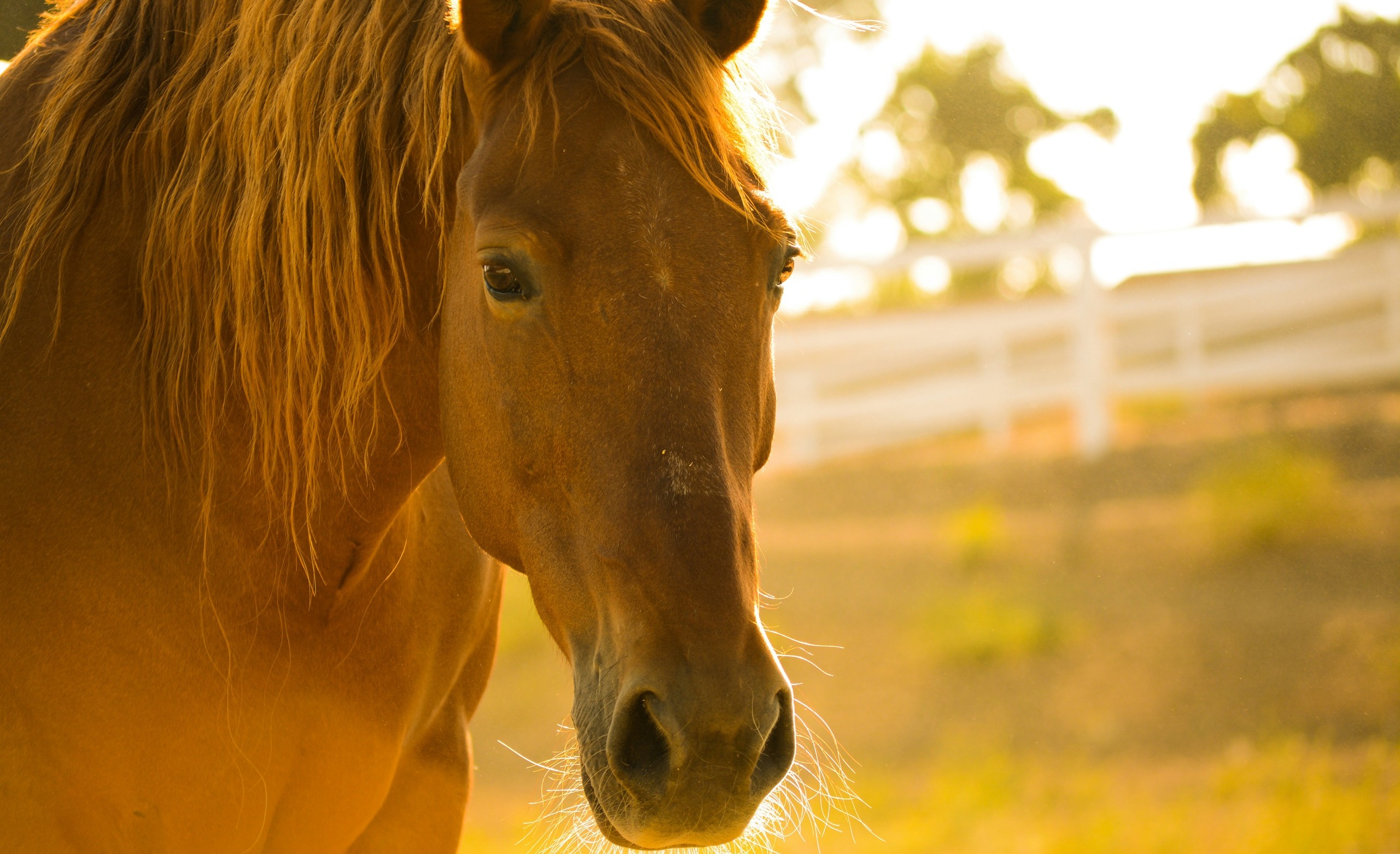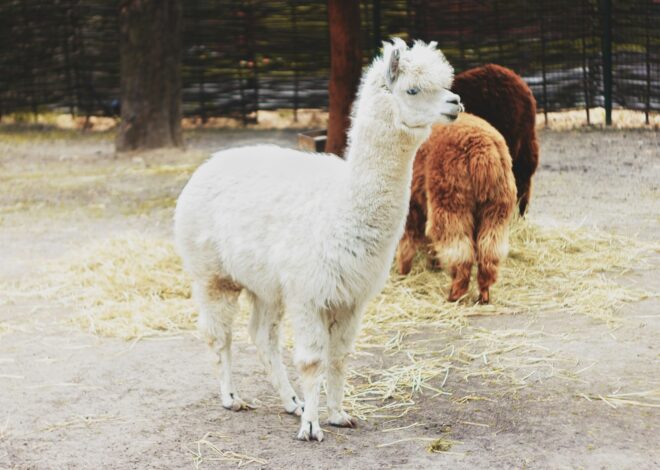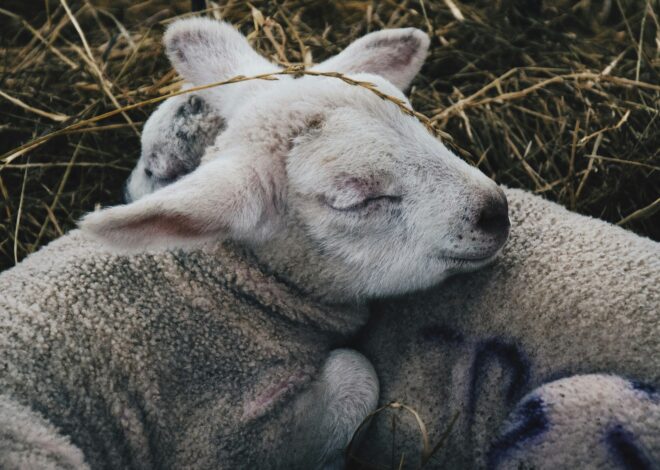
How To Raise Horses
Welcome to our guide on how to raise horses. Horse ownership is a rewarding journey filled with adventure, companionship, and the joy of being in tune with nature. If you’ve ever dreamed of having your own horse, you’re not alone.
Many people are captivated by these majestic creatures — their grace, strength, and unique personalities make them cherished companions. But before you saddle up for this exciting ride, it’s crucial to understand what it truly means to raise horses.
From choosing the right breed to caring for their health and well-being, there’s much to consider. This guide will walk you through everything you need to know about how to raise horses effectively while creating a bond that lasts a lifetime. Let’s trot into the world of horse ownership together!
Benefits of Raising Horses
Raising horses offers a multitude of benefits that go beyond mere companionship. For many, these majestic creatures become cherished family members. The bond forged between horse and owner cultivates responsibility and dedication. Caring for such large animals teaches valuable life skills.
Horses also provide physical health benefits. Regular riding improves your cardiovascular fitness while engaging various muscle groups. It’s an enjoyable way to stay active. Moreover, spending time with horses can enhance mental well-being.
The calming presence of a horse helps alleviate stress and anxiety, offering emotional support in challenging times. Additionally, being part of the equestrian community fosters social connections. You’ll find friendships through shared experiences at stables or local events.
Raising horses encourages you to appreciate nature more deeply as you spend time outdoors in their care and training. Each day is an opportunity for discovery and growth alongside these incredible beings.
Choosing the Right Breed of Horse
Choosing the right breed of horse is essential for a successful ownership experience. Every breed has distinct characteristics that cater to different interests and riding styles. Consider what you want from your horse. Are you interested in competitive sports, leisure riding, or perhaps working on a farm?
Breeds like Thoroughbreds excel in racing, while Quarter Horses are popular for their versatility. Temperament plays a significant role too. Some breeds are known for being gentle and easygoing, making them suitable for beginners. Others may require more experienced handling due to their spirited nature.
Research each breed’s needs regarding space, diet, and exercise. Understanding these factors will help ensure both you and your future equine partner thrive together. Visit local stables or farms to meet various breeds firsthand. Personal interaction can clarify which type resonates with you the most before making a commitment.
Important Considerations Before Getting a Horse
Before diving into horse ownership, it’s crucial to evaluate your lifestyle. Horses require time and commitment. Their care can be demanding, so ensure you have the resources to dedicate. Space is another vital component. Do you have enough land for grazing and shelter?
A small backyard won’t suffice for most breeds. You’ll need adequate room to accommodate their needs. Financial considerations are equally important. Owning a horse involves costs beyond just purchase price—think feed, veterinary care, equipment, and boarding if necessary.
Assess your experience level too. Are you familiar with equine behavior or training techniques? If not, consider taking lessons or seeking advice from experienced owners before bringing a horse home. Think about companionship. Horses are social creatures that thrive in herds; having more than one may benefit them emotionally and psychologically.
Preparing for Your First Horse:
Getting ready for your first horse is an exciting journey. So go ahead and grab your riding boots and helmets. Let’s get started!
A. Essential Equipment and Supplies
When raising horses, having the right equipment is crucial. Start with a sturdy halter and lead rope for safe handling. These basic tools make it easier to manage your horse during training and daily routines.
Next, invest in quality grooming supplies. A good brush set helps keep your horse’s coat healthy while also providing an opportunity for bonding. Don’t forget hoof care essentials like a pick and trimmer; strong hooves are vital for overall health.
For feeding, you’ll need buckets or troughs that are easy to clean and durable enough to withstand wear. Hay nets can help minimize waste when feeding hay.
Ensure you have appropriate saddles and bridles if you plan on riding. Comfort is key for both you and your horse, so choose gear that fits well. Having these essential items ready will set the foundation for successful horse ownership.
B. Preparing Your Property for Horses
Preparing your property for horses is essential for their safety and well-being. Start by examining the fencing around your pasture. Strong, secure fences will keep your horses safe from predators and wandering off.
Next, ensure there’s adequate shelter to protect them from harsh weather conditions. A simple barn or a run-in shed can provide much-needed shade in summer and warmth during winter.
The ground surface matters too. Avoid areas that can become muddy or swampy after rain. Good drainage is crucial to prevent hoof problems.
Designate specific areas for feeding and watering. Having clean water sources nearby keeps hydration easy while feeding zones reduce messiness.
Think about storage space for hay, feed, and equipment. Organizing these essentials helps maintain an efficient environment where you can care for your equine friends effortlessly.
C. Basic Needs and Care for Horses
Horses thrive when their basic needs are met. A safe and clean environment is essential. Ensure that their living space is free from hazards, with ample room for them to roam.
Daily care routines are vital. Grooming not only maintains a horse’s coat but also fosters trust between you and your equine friend. Regularly check hooves for stones or cracks; healthy hooves lead to a happier horse.
Access to fresh water is crucial; horses drink significantly throughout the day. Monitor their feed closely, providing high-quality hay and grains tailored to their dietary requirements.
Routine veterinary care keeps horses healthy and prevents illness. Vaccinations, dental check-ups, and deworming should be scheduled regularly.
Social interaction matters too! Horses are herd animals by nature, so consider having more than one if possible for emotional support and companionship.
D. Feeding and Nutrition for Horses
Feeding and nutrition are critical for a horse’s overall health. Horses have unique dietary needs that must be met to keep them in peak condition.
A balanced diet typically consists of hay, grains, and pasture. High-quality hay provides essential fiber while grains offer energy, particularly for working horses.
Always consider the horse’s age, size, and activity level when planning meals. Young foals need different nutrients compared to mature horses or seniors.
Fresh water should always be available since hydration is vital for digestion and overall well-being.
Supplements can also play a role in filling nutritional gaps but consult with an equine nutritionist before introducing any new products.
Regularly monitor your horse’s weight and body condition score to adjust feeding practices accordingly. This proactive approach helps ensure your horse remains healthy and thriving throughout its life.
E. Training and Riding Techniques
Training your horse is essential for a harmonious partnership. Start with groundwork to establish trust and communication. Groundwork lays the foundation, helping you teach commands like “whoa” and “walk on.”
Once your horse responds well on the ground, transition to riding techniques. Focus on balance and posture; this ensures both you and your horse feel comfortable. Use clear cues when asking for movements or changes of pace.
Reinforcement through positive methods keeps training enjoyable. Treats, praise, or even a gentle pat can motivate your horse to learn new skills quickly.
Don’t forget about regular practice sessions! Consistency helps solidify what you’ve taught while also building confidence in each other.
Varying activities—like trail rides or obstacle courses—can keep things interesting for both of you. Remember, patience is vital as every horse learns at its own pace.
F. Tips for Bonding with Your Horse
Building a strong bond with your horse is essential for a harmonious relationship. Start by spending time together without any agenda. Simply being in the same space can help establish trust.
Grooming is an excellent way to connect. As you brush their coat, talk softly or play gentle music. This not only keeps them clean but also reinforces your presence as a source of comfort.
Use positive reinforcement during training sessions. Offering treats or praise when they respond well fosters cooperation and strengthens your connection.
Take walks together around the property, allowing them to explore at their own pace. This shared experience builds confidence and camaraderie between you both.
Always be patient and understanding. Horses are sensitive creatures; they pick up on your emotions easily. Create a calm environment where they feel safe to express themselves freely.
Common Health Issues in Horses
Horses, like all animals, can face various health issues throughout their lives. One common concern is colic, a painful condition affecting the digestive system. Symptoms include rolling, pacing, and lack of appetite. Laminitis is another serious issue that impacts the hooves.
It can cause severe pain and lead to long-term complications if not treated promptly. Watch for signs such as reluctance to move or changes in posture. Respiratory problems are also prevalent among horses. Conditions like heaves can stem from dust exposure or allergies.
Keep an eye out for coughing or nasal discharge. Skin infections may arise due to poor hygiene or insect bites. Regular grooming helps prevent these issues while promoting overall skin health. Regular veterinary check-ups play a crucial role in detecting these conditions early on and ensuring your horse maintains optimal well-being.
Common Challenges and How to Overcome Them
Owning horses can be incredibly rewarding, but it’s not without its challenges. One common issue is managing their health. Regular veterinary check-ups and vaccinations are essential to prevent diseases. Behavioral problems often arise too.
Horses may show anxiety or aggression due to stress or improper training methods. Establishing a consistent routine and using positive reinforcement can help alleviate these issues. Financial strains are another hurdle. The costs of feed, equipment, and vet bills can add up quickly.
Creating a budget and exploring alternative feeding options can ease some of this burden. Weather conditions also pose challenges for horse owners. Extreme heat or cold requires careful planning to ensure your horse remains comfortable and healthy.
Providing adequate shelter, fresh water, and appropriate bedding helps mitigate these concerns. Community support is invaluable as well—joining local equestrian groups offers camaraderie and resources that make the journey smoother.
Tips for a Successful and Enjoyable Experience
Creating a successful experience with horses starts with patience. Building trust takes time. Spend quiet moments together to foster that bond. Consistency is key in training and handling. Establish routines for feeding, grooming, and exercise. Horses thrive on predictability.
Stay informed about equine care. Regular vet check-ups and vaccinations are essential for their health. Educate yourself on common horse behaviors too; understanding them can prevent misunderstandings. Socializing your horse will enrich its life as well as yours.
Introduce it to other horses gradually to help develop social skills. Embrace the journey together. Celebrate small victories and cherish the time spent riding or just being around each other—it’s what makes ownership rewarding!
Conclusion: Owning Your Own Horses
Owning your own horses can be an incredibly rewarding journey. It offers the unique opportunity to connect with these magnificent animals and develop a bond that goes beyond mere ownership. By understanding their needs, choosing the right breed, and preparing adequately for their arrival, you set the stage for a fulfilling experience.
The joy of riding, training, and caring for a horse is unmatched. The moments spent grooming or simply being around them foster trust and companionship. While challenges like health issues or property maintenance may arise, learning how to navigate these obstacles contributes to your growth as an equestrian.
Investing time in developing proper feeding routines and care practices ensures that your horse thrives under your care. With patience and dedication, you will not only become more knowledgeable but also build lasting memories alongside your four-legged friend.
Horse ownership isn’t just about having an animal; it’s about embracing a lifestyle filled with adventure, responsibility, and love for these incredible creatures. Your journey into the world of horses awaits—each step brings new lessons and experiences that enrich both life on horseback and personal fulfillment.



